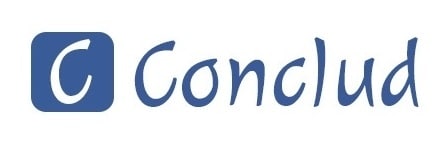WHAT IS TELEHEALTH?
New Orleans telehealth is the delivery of health care services and information to patients through the use of telecommunications technology, such as video conferencing, remote monitoring, and mobile health apps. Due to telehealth’s numerous advantages, such as better access to care, more convenience, and lower costs, its use has become more widespread in recent years.
Improved access to care is one of telehealth’s key benefits, especially for patients who reside in rural or distant places where access to medical institutions can be restricted. Travelling, which can be challenging or impossible for some patients, can be avoided by allowing patients to receive care through telehealth from the comfort of their own homes.This can be crucial for individuals who need to see a specialist who is not nearby or for those with chronic diseases who need to be monitored frequently.
Additionally, New Orleans telehealth provides patients with more convenience. By using telehealth, patients can make appointments at a time that is convenient for them without missing work or making a trip to the hospital. Additionally, as patients can frequently be seen more rapidly through virtual consultations, telehealth can cut appointment wait times.
IS TELEHEALTH ECONOMICAL?
Telehealth also has the potential to be economical. Telehealth can lower expenditures connected with conventional healthcare, including travel expenses and lost time at work from appointments.Allowing patients to receive care at home, which might be less expensive than receiving care in a healthcare institution, can also help patients’ healthcare costs.
By offering more regular monitoring and follow-up care, telehealth can also enhance patient outcomes. For instance, using remote monitoring tools to follow patients’ vital signs enables medical professionals to see possible issues before they worsen. Furthermore, telemedicine can enhance interactions between patients and medical professionals, resulting in better care coordination and better patient outcomes.
Telehealth does, however, also bring several issues that must be resolved. The requirement for suitable technology and infrastructure to support telehealth is one of the major obstacles.Patients must have access to dependable video conferencing technology and the internet, which can be difficult in some places. In order to offer telehealth services, healthcare providers also require the right equipment and training.
Concerns over privacy and security are yet another issue with telemedicine. During New Orleans telehealth conversations, patients’ private health information must be safeguarded, and healthcare practitioners must abide by all applicable privacy laws and regulations. Technical problems with telehealth, including as connectivity problems or equipment breakdowns, may also exist and have the potential to disrupt patient treatment.




